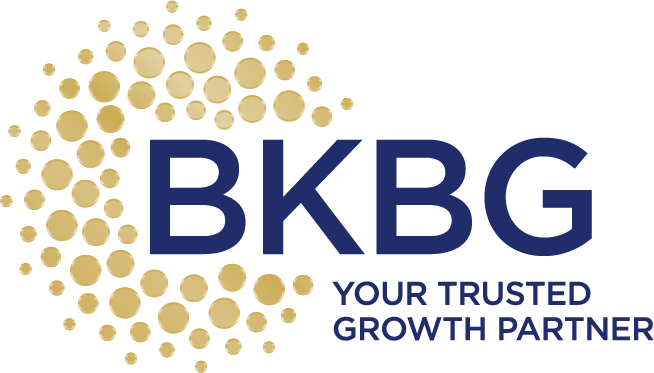Leveraging Data-Driven Insights to Maximize Profitability in Renovation Projects

In kitchen and bathroom industries, adopting data driven approaches is key to increasing efficiency and profitability. Leveraging data from project management software, client feedback, and supplier metrics, lets you make informed decisions, reduce waste, and raise client satisfaction, ultimately setting your business apart in the market.
A good starting point is to collect and analyze data on materials usage and labor costs from past projects. By examining these figures, renovation companies can establish accurate cost predictions for similar projects in the future. This approach not only helps in better budget management but also identifies areas where resources may have been overused or underutilized, enabling more precise project planning.
Tracking supplier performance is equally essential. Metrics like delivery times, material quality, and reliability ratings provide insight into supplier efficiency. By focusing on high-performing suppliers, firms can avoid delays, ensure quality, and often negotiate better rates for bulk purchases, resulting in time and cost savings that directly impact profitability.
Customer feedback is another invaluable data source. Analyzing post-project surveys, online reviews, and client communication can reveal specific improvement areas, whether it’s project timelines, budget adherence, or communication clarity. By addressing these client concerns, renovation businesses can enhance their service quality and build a reputation for responsiveness and professionalism.
In a data centric industry, forward thinking renovation companies thrive by adopting transparency, efficiency, and a commitment to improvement. Leveraging insights boosts profitability but also strengthens client relationships, as customers increasingly seek companies that prioritize data-backed reliability and superior service. For companies looking to lead the field, data-driven decision-making is no longer optional—it’s essential to staying competitive in a demanding market.
